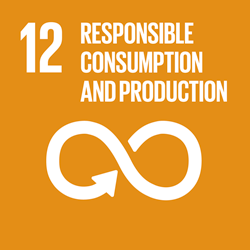Technological watch
Construction and Characterization of Polyolefin Elastomer Blends with Chemically Modified Hydrocarbon Resin as a Photovoltaic Module Encapsulant
In this study, polyolefin elastomer (POE) was blended with a chemically modified hydrocarbon resin (m-HCR), which was modified through a simple radical grafting reaction using γ-methacryloxypropyl trimethoxy silane (MTS) as an adhesion promotor to the glass surface, to design an adhesion-enhanced polyolefin encapsulant material for photovoltaic modules. Its chemical modification was confirmed by 1H and 29Si NMR and FT-IR. Interestingly, the POE blends with the m-HCR showed that the melting peak temperature (Tm) was not changed. However, Tm shifted to lower values with increasing m-HCR content after crosslinking. Additionally, the mechanical properties did not significantly differ with increasing m-HCR content. Meanwhile, with increasing m-HCR content in the POE blend, the peel strength increased linearly without sacrificing their transmittance. The test photovoltaic modules comprising the crosslinked POE blend encapsulants showed little difference in the electrical performance after manufacturing. After 1000 h of damp-heat exposure, no significant power loss was observed.
Publication date: 31/10/2022
Author: Jin Hwan Park
Reference: doi: 10.3390/polym14214620






